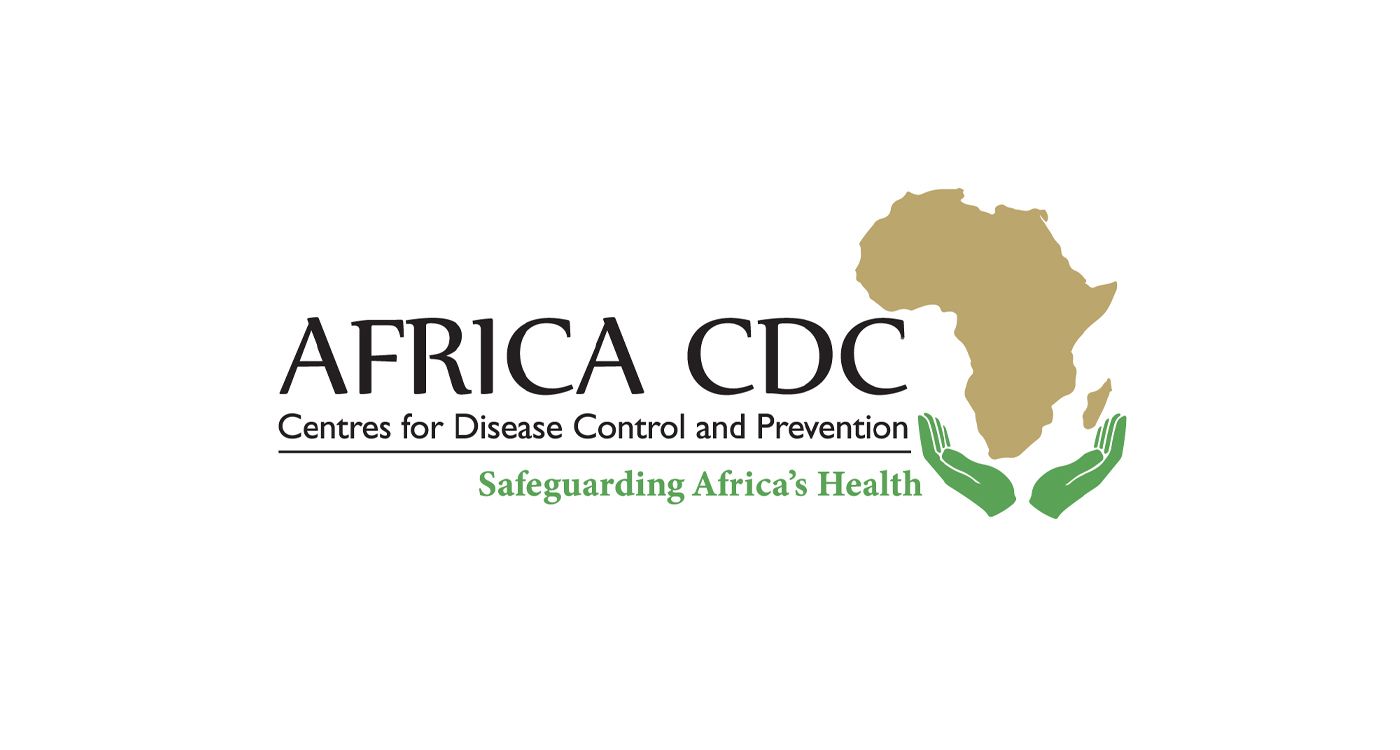- Home
- Middle East
- Mpox Crisis: Over 1,100 Lives Lost in Africa

The Africa Centers for Disease Control and Prevention (Africa CDC) . ©Rights Reserved
The ongoing mpox epidemic in Africa has reached alarming levels, with over 1,100 deaths reported this year and urgent calls for immediate action.
The mpox epidemic, formerly known as monkeypox, continues to wreak havoc in Africa. On October 17, the health agency of the African Union reported a tragic toll of 1,100 deaths on the continent since the beginning of the year. With a total of 42,000 cases recorded, the situation risks becoming “out of control,” in the words of the agency, prompting experts to raise the alarm about the urgent need for immediate measures to counter this health threat.
Jean Kaseya, head of the Africa Centers for Disease Control and Prevention (Africa CDC), emphasized the urgency of the situation during an online press conference. “Eighteen countries is too much, we cannot continue like that,” he stated, referring to the outbreak's expansion across several African nations. New cases continue to be reported, with some recently identified in Zambia and Zimbabwe, bringing the total number of affected countries this year to 18.
The Democratic Republic of the Congo (DRC) is particularly hard hit, serving as the epicenter of this outbreak, with the majority of deaths occurring there. Since the beginning of the year, the country has reported over 30,000 cases of mpox, nearly 990 of which have resulted in death. The situation is worsening in South Kivu province, where the outbreak was detected a year ago.
In response to this crisis, the Congolese government recently launched a targeted vaccination campaign. Vaccination operations began on October 6 in South Kivu, following the official launch of the campaign on October 5 in the country. The World Health Organization (WHO) stated that the DRC accounts for 90% of the disease cases in Africa. The first doses were administered to caregivers at the Goma hospital in the neighboring North Kivu province.
It is important to note that this vaccination campaign is not a “mass vaccination” at this stage but rather targets at-risk groups, such as medical personnel, sex workers, and other professionals in close contact with the population. Cirhahongerwa Noella, a nurse, was one of the first to receive the vaccine at the Lwiro hospital, stating to the press, “I agree to take this vaccine to protect myself and others.”
The DRC, one of the poorest countries in the world, received a donation of 265,000 vaccines last month from the European Union and the United States. Health authorities have urged international partners to immediately release the necessary funds to combat this outbreak. International commitment and solidarity are crucial to ending this health crisis and protecting the continent's most vulnerable communities.
With AFP
Comments